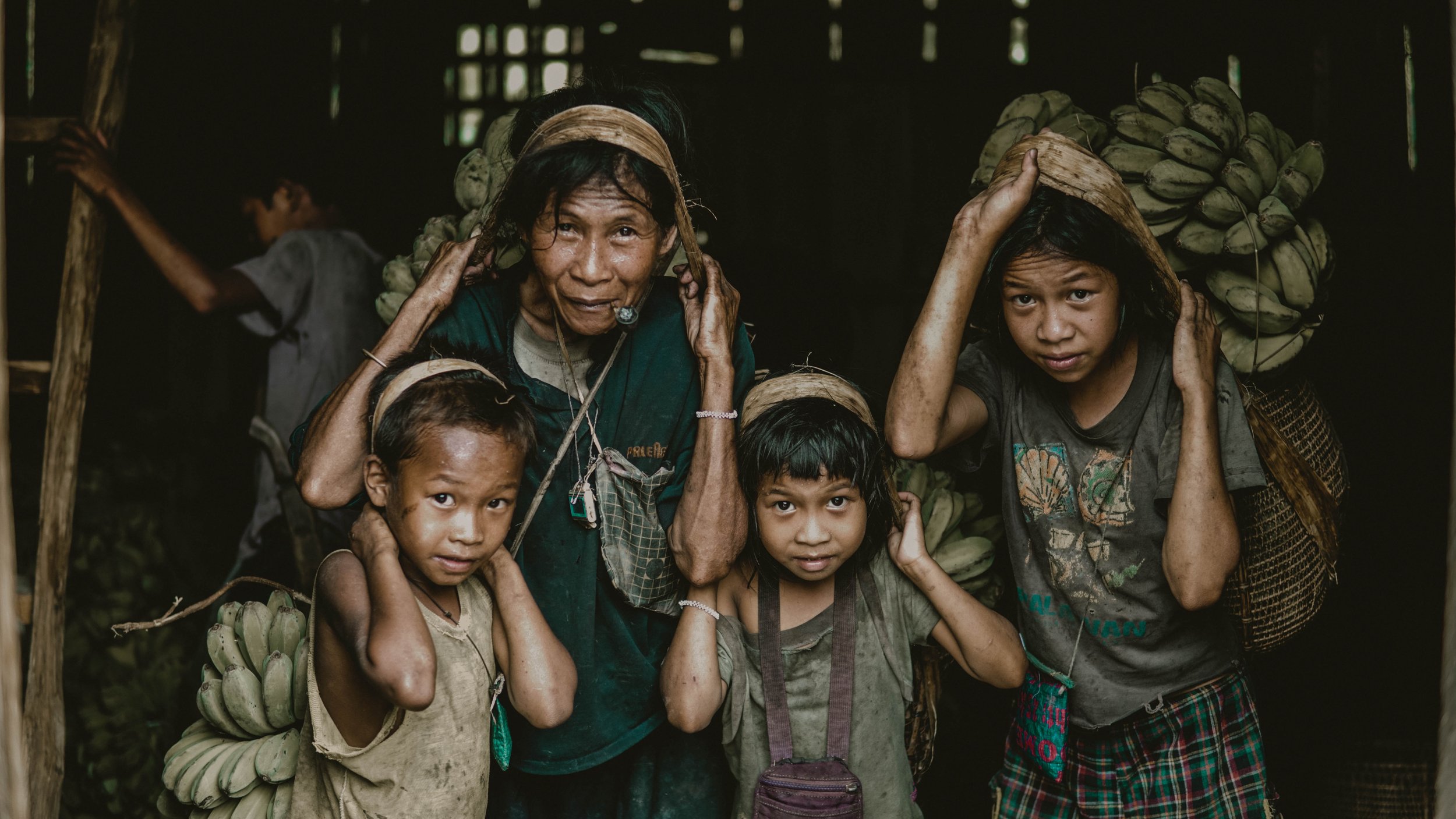
Celebrate AANHPI Heritage.
Recognizing past contributions and making a better society today.
Everyone is contributing in their own way to make our lives better. Even just by being themselves. Honoring the Asians, Asian-Americans, Native Hawaiians, and Pacific Islanders in our communities showcases our respect and appreciation for their roles in advancing industries, sharing their culture, and progressing movements on racial, educational, political and social representation.
We are culturally and socially funneled into educational programs and vocations that are deemed ‘legitimate’, socially respected and with high earning potential. We are grateful for the AANHPI physicians, nurses, attorneys, engineers and of the like…they continuously contribute to our social advancement.
We also spotlight the AANHPI artists and those in less-featured professions because their roles still have substantial meaning and they remain essential in human development and progress.
Scroll down this page for an in-depth look at specific AANHPIs contributions and issues they face, along with an activity for your occupational wellness.
Current Events.
AANHPIs are often labeled as a “model minority” - a myth based on stereotypes that dismisses the diversity among AANHPI individuals. Here’s an article from Learning for Justice to understand the harmful effects of the model minority myth.
Visit AsAm News for further reading and learning on news, events, people & issues in the Asian Americans and Pacific Islander communities.
Filipino Contributions.
One stereotype about Filipinos in America is “all Filipinos are nurses”. This generalization may sound like a compliment given the positive connotation about the nursing profession, yet it discounts the multitude of ways Filipinos take on caregiver and caretaker roles, both professionally and personally.
Yes, there are many Filipinos who become and work as nurses. There are also those who are in-home caregivers (without a medical background) to individuals who need assistance with their daily life activities. There are nannies who raise other people’s children in a different country while their own children are in the Philippines. There are servers and cleaners who are on their feet with little rest catering to the needs of customers and employers. There are military personnel risking their lives to defend countries who colonized their native land. There are educators and activists who shape minds with knowledge and bring attention to injustices while undergoing discrimination. There are farmers who toil under harsh weather conditions to ensure food reaches mouths even if they don’t get to eat what they harvest.
Filipinos, like many AANHPIs, work hard. They take on manual jobs with poor working conditions. They voluntarily become Overseas Filipino Workers (OFWs) who are ‘foreign workers’ outside the Philippines and live in a foreign country for an indefinite or limited period of time. OFWs hold Philippine citizenship and migrate abroad for temporary assignments to support themselves and their families back home, while they provide the same crucial service to other countries. Here are 2020 statistics from the Philippine government on OFWs.
The stereotype that all Filipinos work as nurses has roots to the USA’s colonization of the Philippine Islands that created a surplus of Filipino nurses trained in Western medicine. This colonization allowed for labor export from the Philippines to the USA and eventually other countries. We share a video from Vox that describes this colonization context and its pathway to OFW’s global labor and economic contributions.
We hope that when you see a Filipino, you see them not as a nurse or an OFW, rather as a person who contributes to our society in a vital way.
Photo source: Red Cross Filipino Nurses | via Wikimedia Commons
Artist Contributions.
AANHPIs artists are painters, actors, dancers, singers, and much more. They create art pieces for entertainment, to record history, to preserve their culture, and to represent AANHPI heritage worldwide.
We invite you to get cozy where you are and watch this star-studded video celebrating global Asian and Pacific Islander culture and discussing the recent and historic acts of violence against the AANHPI community.
Your Fulfillment.
What inspires you? What parts of your job align with your values and sense of achievement? Satisfaction and pride starts with you, the individual, and they can trickle out to family, friends and your culture. Make sure that you are taking steps in your line of work to demand what you want to feed the life that you want for yourself and your family.
The ‘word cloud’ image showcases values that we, Angel and Laura, include in our occupational wellness that adds to our pride and contentment with our profession.
What are your priorities for your career, job, volunteer work, or activities that relate to doing work? What’s important for you to have in your occupational wellness? Take a moment to list out loud or by jotting down what you would have in your word cloud.



